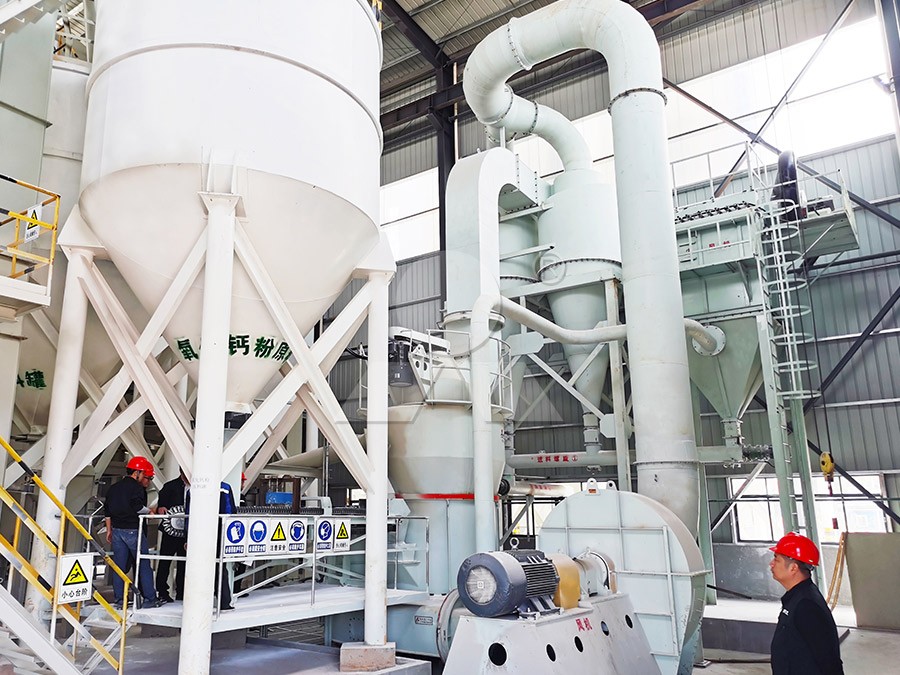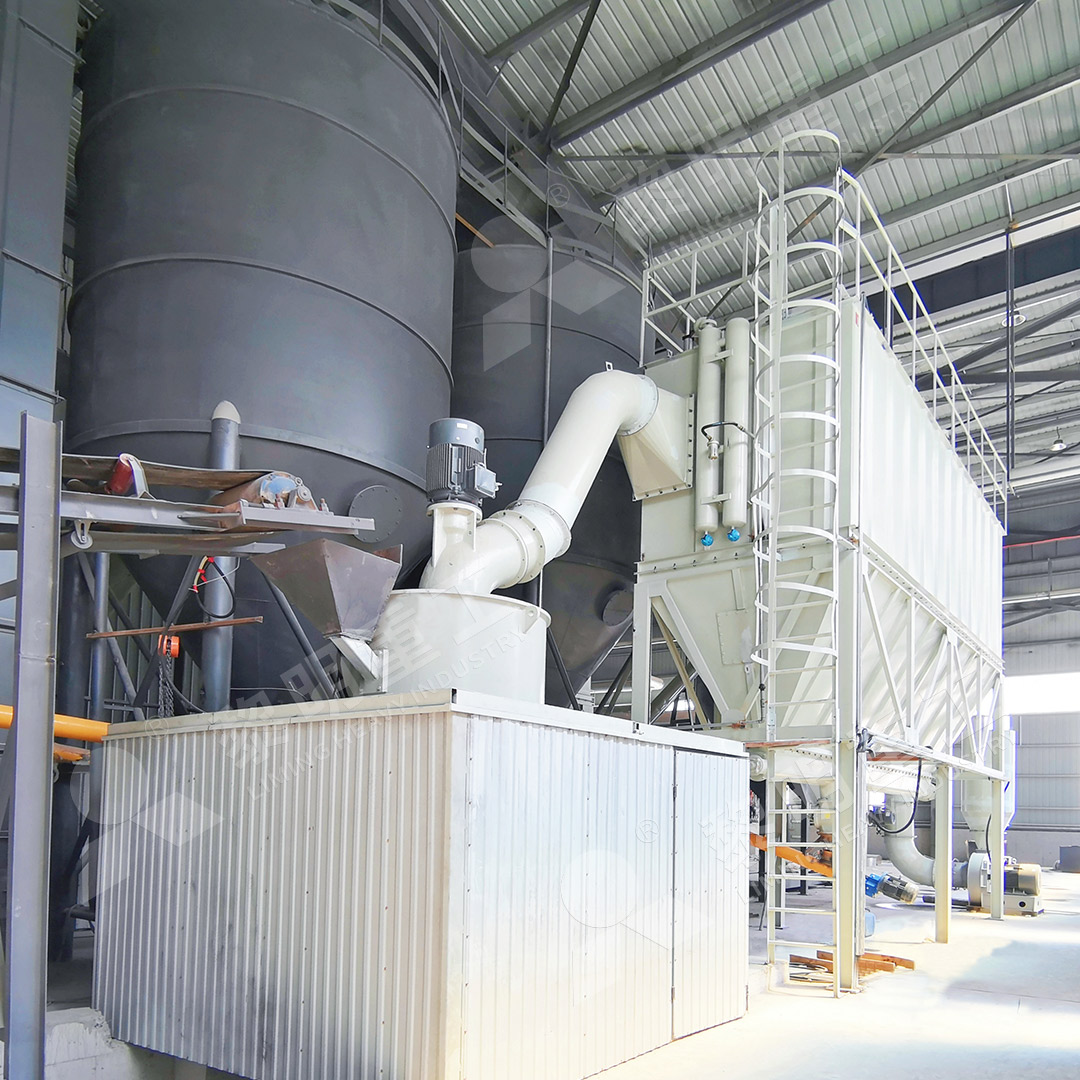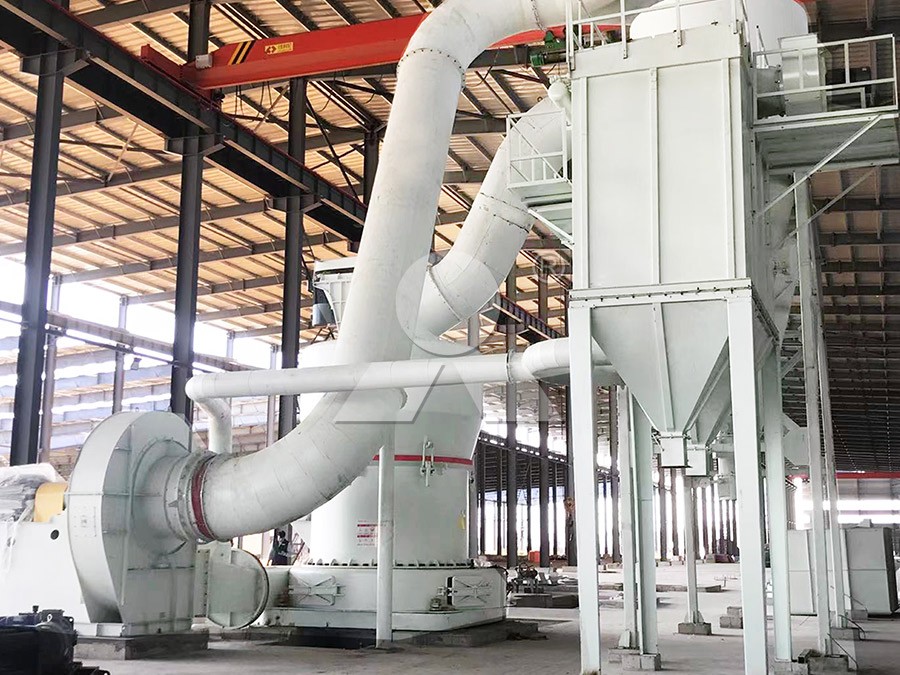Gypsum Powder Production Line: Crusher, Grinding Mill, and Complete Plant Setup
We provide a wide range of mills — including Raymond mill, trapezoidal mill, vertical mill, ultrafine mill, and ball mill, obtained ISO9001 international quality certification, EU CE certification, and Customs Union CU-TR certification. Suitable for processing minerals such as limestone, phosphate, quicklime, kaolin, talc, barite, bentonite, calcium carbonate, dolomite, coal, gypsum, clay, carbon black, slag, cement raw materials, cement clinker, and more.
The discharge range of these mills can be adjusted to meet specific processing needs, typically from 80-400 mesh, 600-3250 mesh, and can achieve the finest particle size of up to 6000 mesh(D50).
If you are looking for a reliable grinding solution to turn stone or minerals into fine powder, please feel free to contact our online customer service.
Gypsum Powder Production Line: Crusher, Grinding Mill, and Complete Plant Setup
Establishing an efficient gypsum powder production line requires careful consideration of each processing stage, from raw material preparation to final powder packaging. A well-designed plant not only ensures consistent product quality but also optimizes operational costs and environmental compliance.
Primary Crushing: The Foundation of Gypsum Processing
The journey begins with raw gypsum ore extraction from quarries. Primary crushers reduce large gypsum rocks to manageable sizes, typically below 20mm. Jaw crushers serve as the workhorse for this initial size reduction, providing reliable performance with minimal maintenance requirements. Proper crushing establishes the foundation for efficient downstream processing, ensuring consistent feed size for grinding operations.

Grinding Mill Selection: The Heart of Powder Production
Grinding represents the most critical phase in gypsum powder production. The choice of grinding mill directly impacts product quality, production capacity, and operational efficiency. For operations requiring ultra-fine gypsum powder with precise particle size distribution, advanced grinding technology becomes essential.
Our MW Ultrafine Grinding Mill stands out as an exceptional solution for high-quality gypsum powder production. Engineered for customers requiring ultra-fine powder between 325-2500 meshes, this machine incorporates German cage-type powder selector technology that ensures precise particle separation. With an input size capacity of 0-20 mm and production rates ranging from 0.5 to 25 tph, the MW mill delivers higher yields with lower energy consumption compared to conventional grinding systems.
The innovative design eliminates rolling bearings and screws within the grinding chamber, significantly reducing maintenance concerns and potential machine damage from loose components. The external lubrication system enables continuous 24-hour operation without shutdowns for maintenance, while the integrated pulse dust collector and muffler ensure environmentally responsible operation that meets national environmental protection standards.

Complete Plant Configuration and Optimization
A comprehensive gypsum powder production line integrates multiple components beyond crushing and grinding. Material handling systems, drying equipment, powder classification, and packaging units must work in harmony. Proper plant layout considers material flow efficiency, accessibility for maintenance, and future expansion possibilities.
For operations requiring vertical grinding solutions, our LUM Ultrafine Vertical Grinding Mill offers another sophisticated option. Combining Taiwanese grinding roller technology with German powder separating technology, the LUM mill handles input sizes up to 10mm with capacities between 5-18 tph. Its reversible structure simplifies maintenance, while double position-limiting technology ensures operational stability under varying conditions.
Modern gypsum plants increasingly prioritize energy efficiency and environmental compliance. Advanced grinding mills now incorporate intelligent control systems that optimize power consumption based on material characteristics and production requirements. The integration of automated monitoring systems allows operators to maintain consistent product quality while minimizing human intervention.

Frequently Asked Questions
What is the typical production capacity range for a complete gypsum powder plant?
Production capacities vary significantly based on plant configuration, but modern facilities typically range from 5 to 100 tons per hour. The MW Ultrafine Grinding Mill specifically offers capacities between 0.5-25 tph, suitable for various production requirements.
How fine can gypsum powder be ground using modern milling equipment?
Advanced grinding mills like the MW Ultrafine Grinding Mill can achieve fineness between 325-2500 meshes, with screening rates reaching d97≤5μm in a single pass. This ultra-fine powder is essential for specialized applications in construction, medical, and food industries.
What environmental considerations are addressed in modern gypsum processing plants?
Contemporary designs incorporate multiple environmental protection features, including efficient pulse dust collectors that eliminate dust pollution, silencers and noise elimination rooms that reduce operational noise, and fully sealed systems that prevent material leakage. The MW Grinding Mill operates according to national environmental protection standards.
How does the maintenance requirement of modern grinding mills compare to traditional equipment?
Innovations like the absence of rolling bearings and screws in the grinding chamber of the MW Ultrafine Grinding Mill significantly reduce maintenance needs. External lubrication systems enable maintenance without production stoppages, while digital monitoring allows predictive maintenance scheduling.
What factors should be considered when selecting between different grinding mill types?
Key considerations include required product fineness, production capacity, energy consumption targets, available space, maintenance capabilities, and initial investment budget. The MW series excels in ultra-fine grinding applications with its advanced separation technology and energy-efficient operation.
